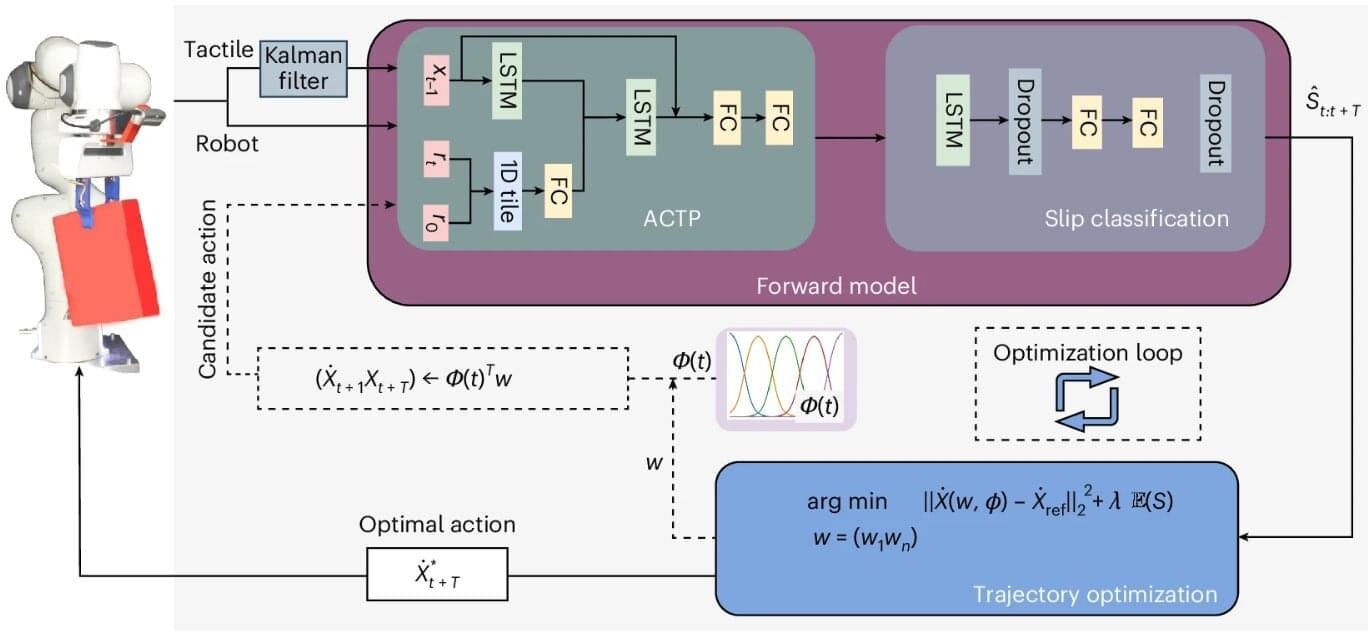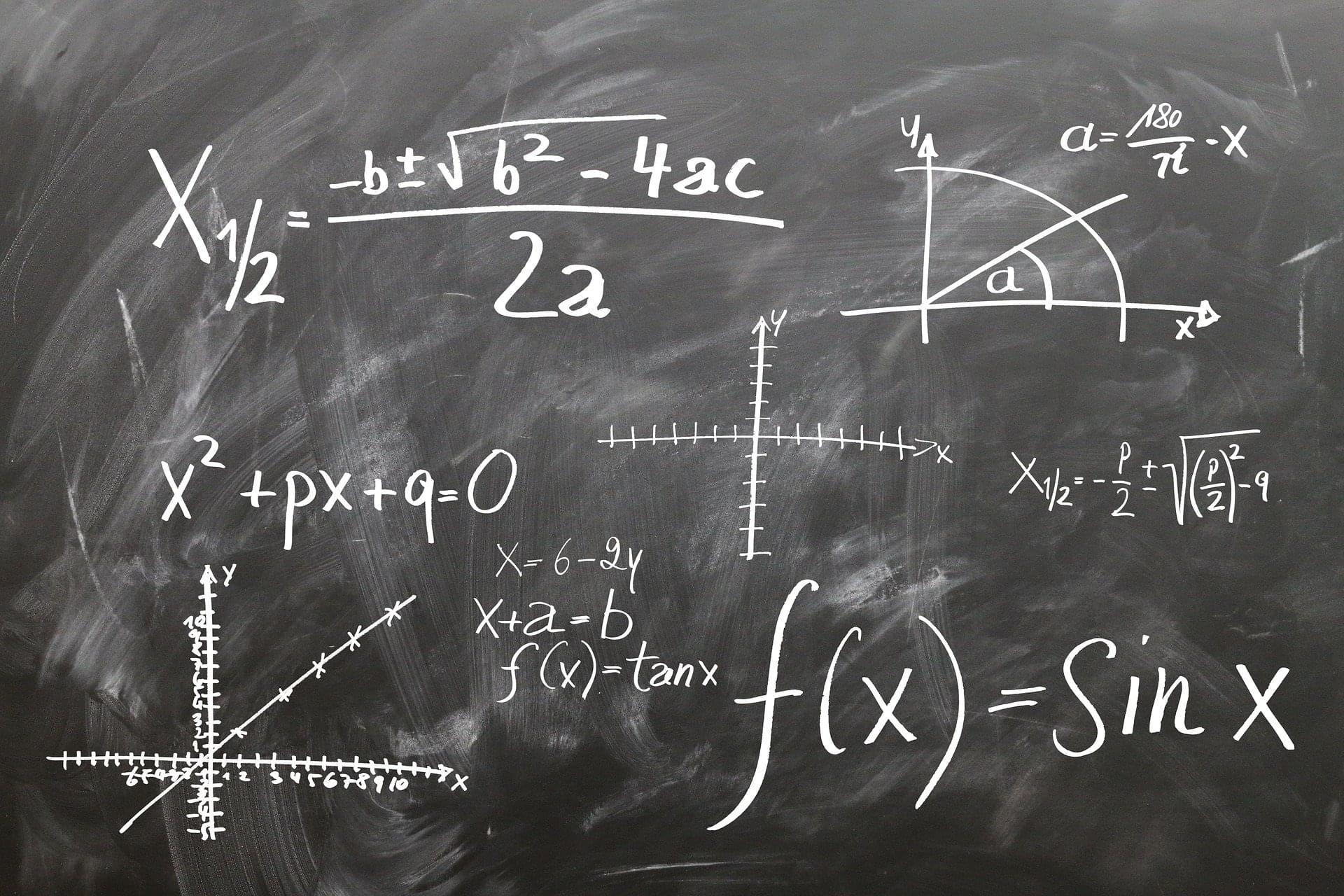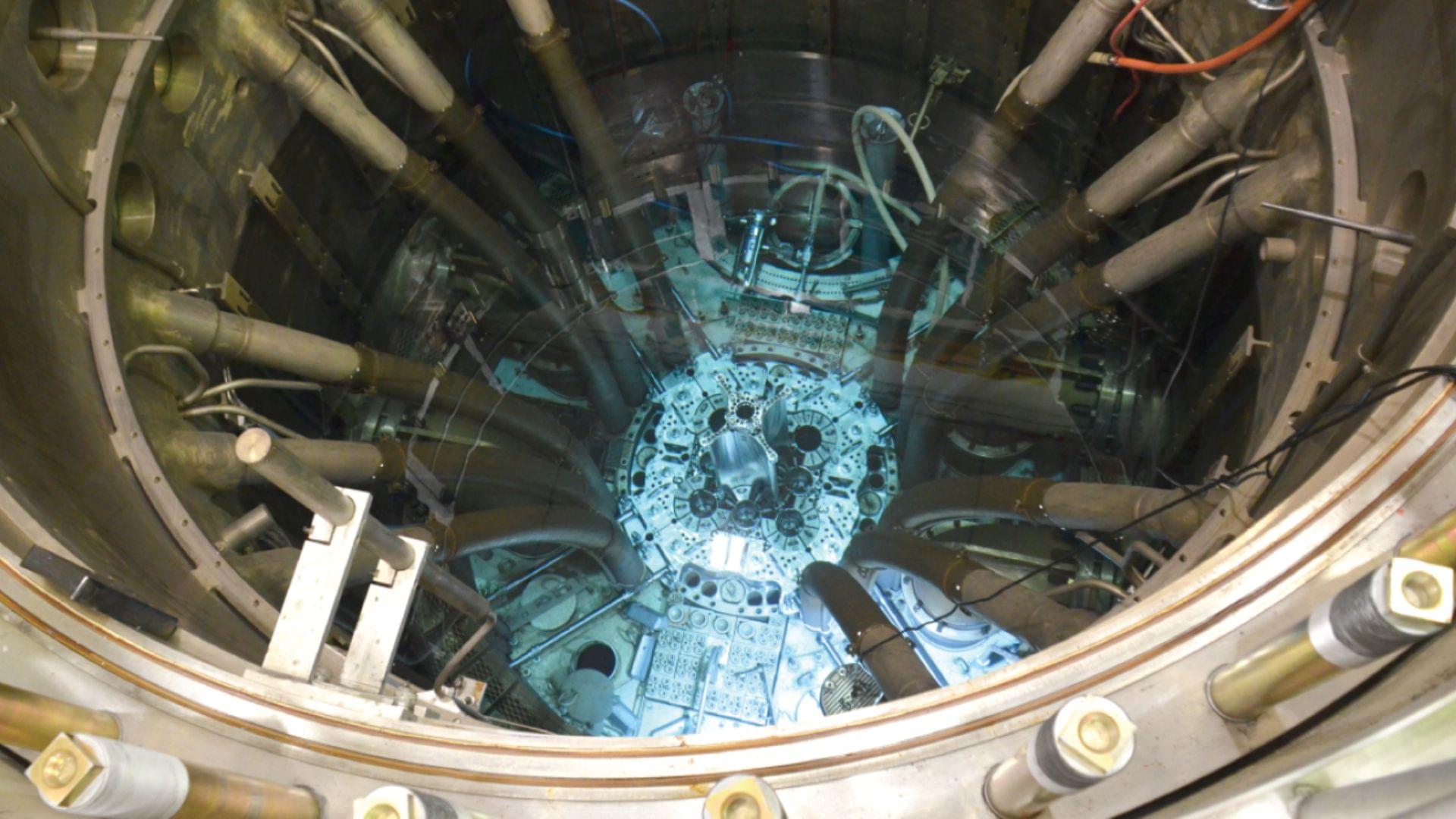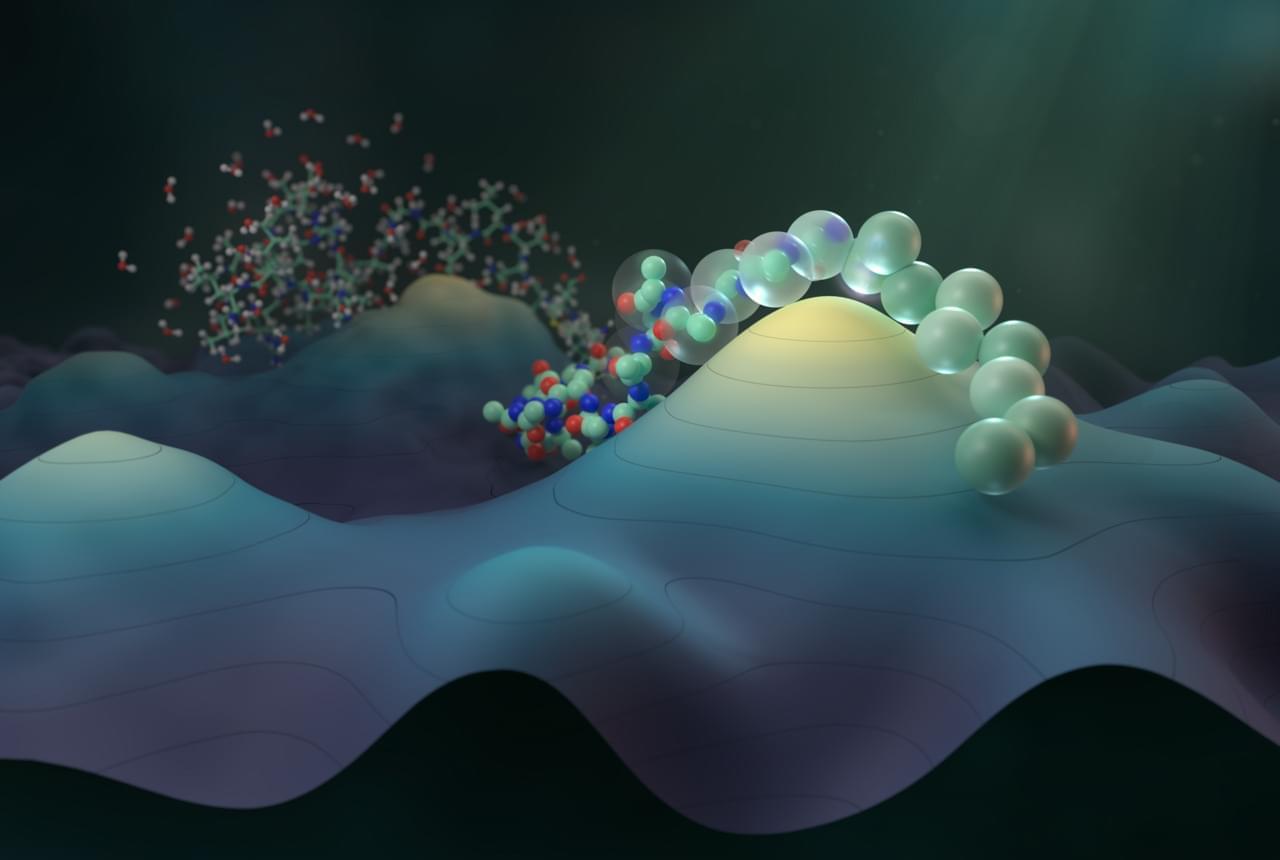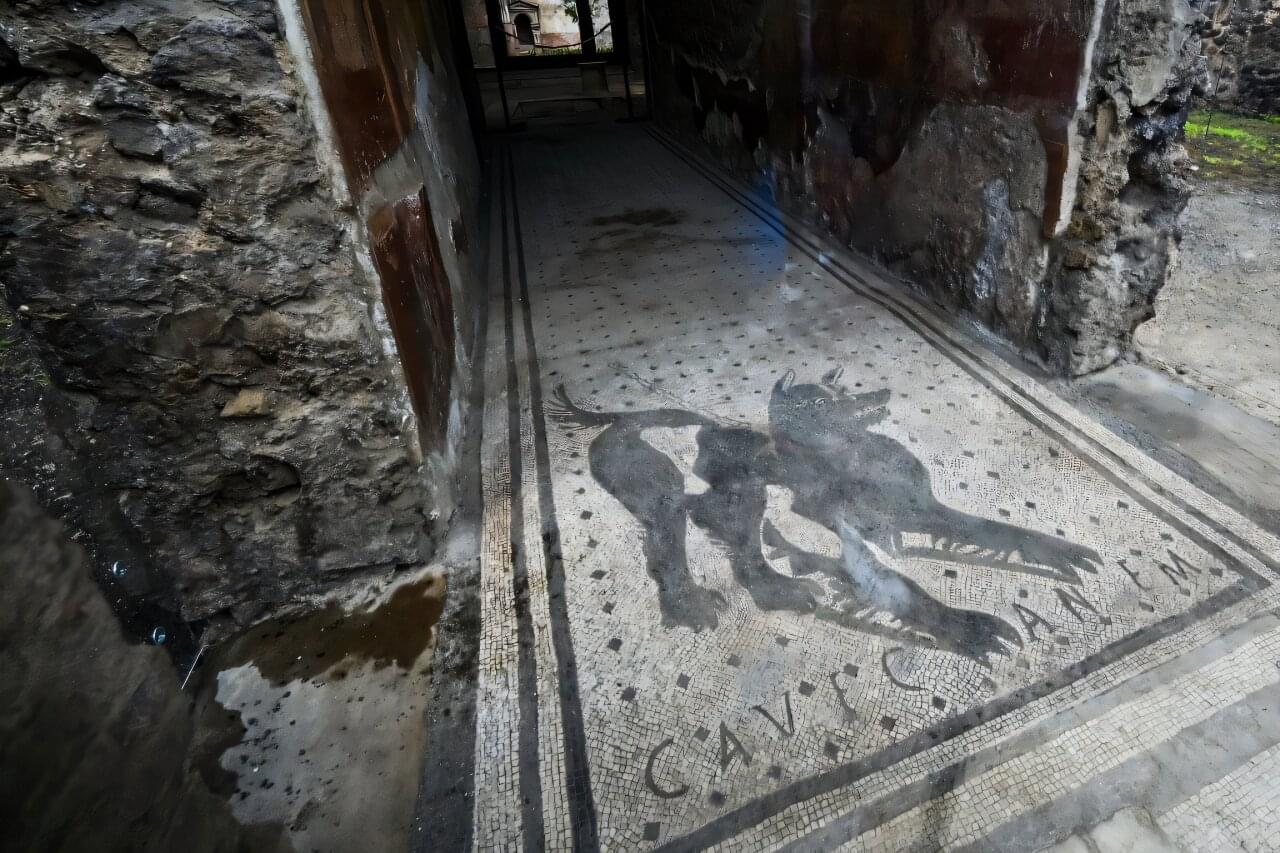A new slip-prevention method has been shown to improve how robots grip and handle fragile, slippery or asymmetric objects, according to a University of Surrey–led study published in Nature Machine Intelligence. The innovation could pave the way for safer, more reliable automation across industries ranging from manufacturing to health care.
In the study, researchers from Surrey’s School of Computer Science and Electronic Engineering demonstrated how their approach allows robots to predict when an object might slip—and adapt their movements in real-time to prevent it.
Similar to the way humans naturally adjust their motions, this bio-inspired method outperforms traditional grip-force strategies by allowing robots to move more intelligently and maintain a secure hold without simply squeezing harder.
